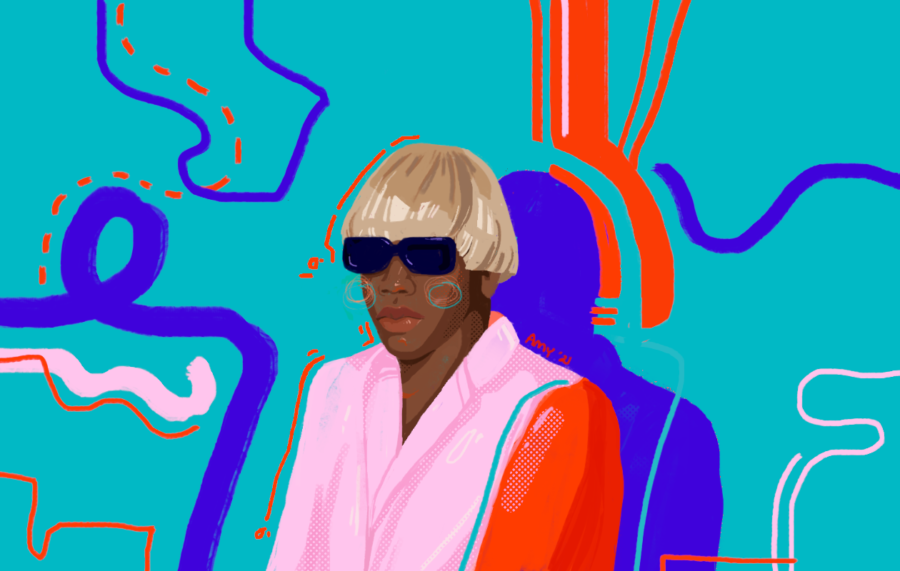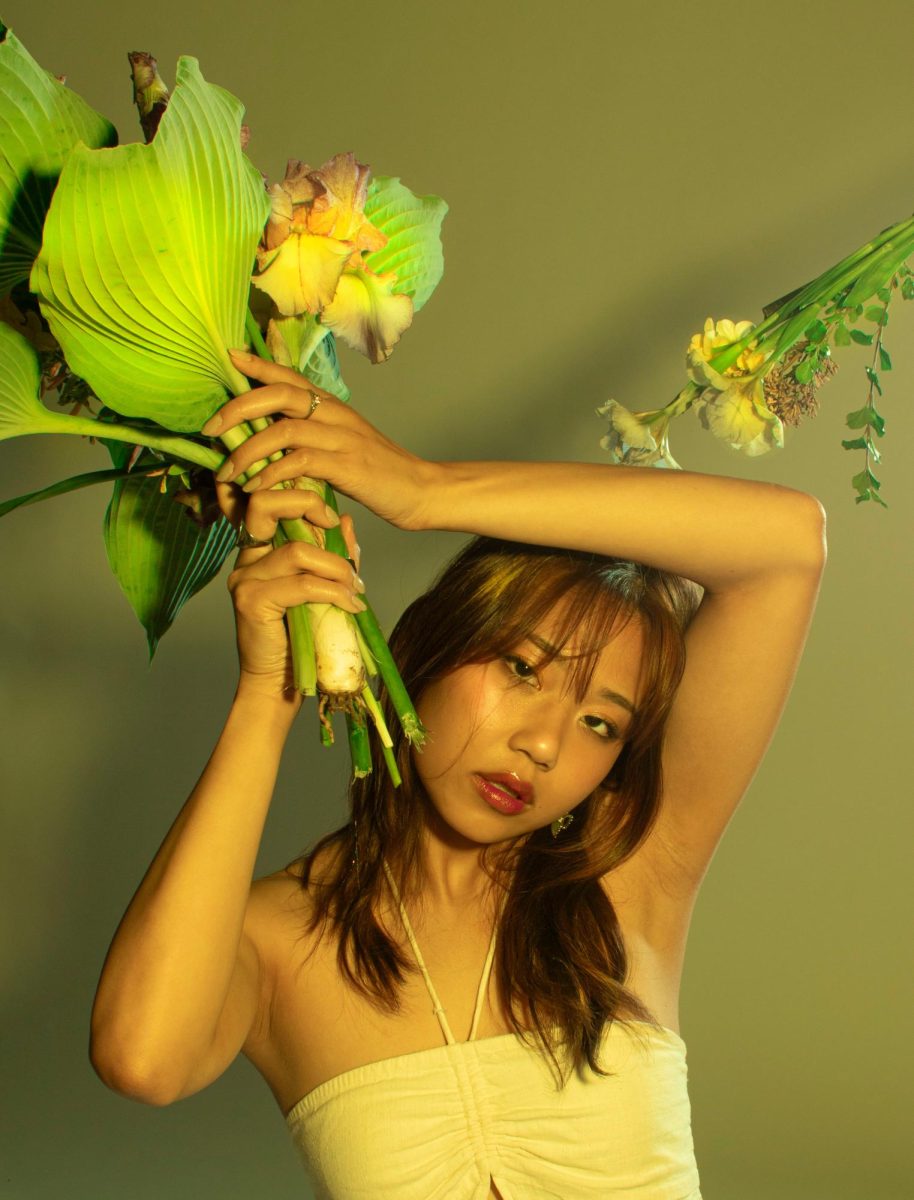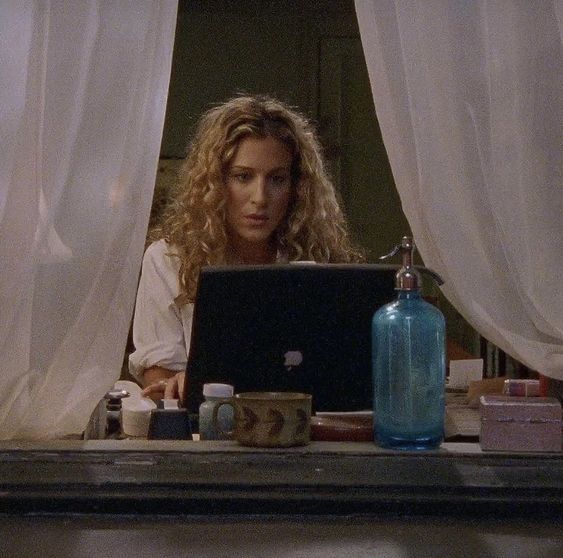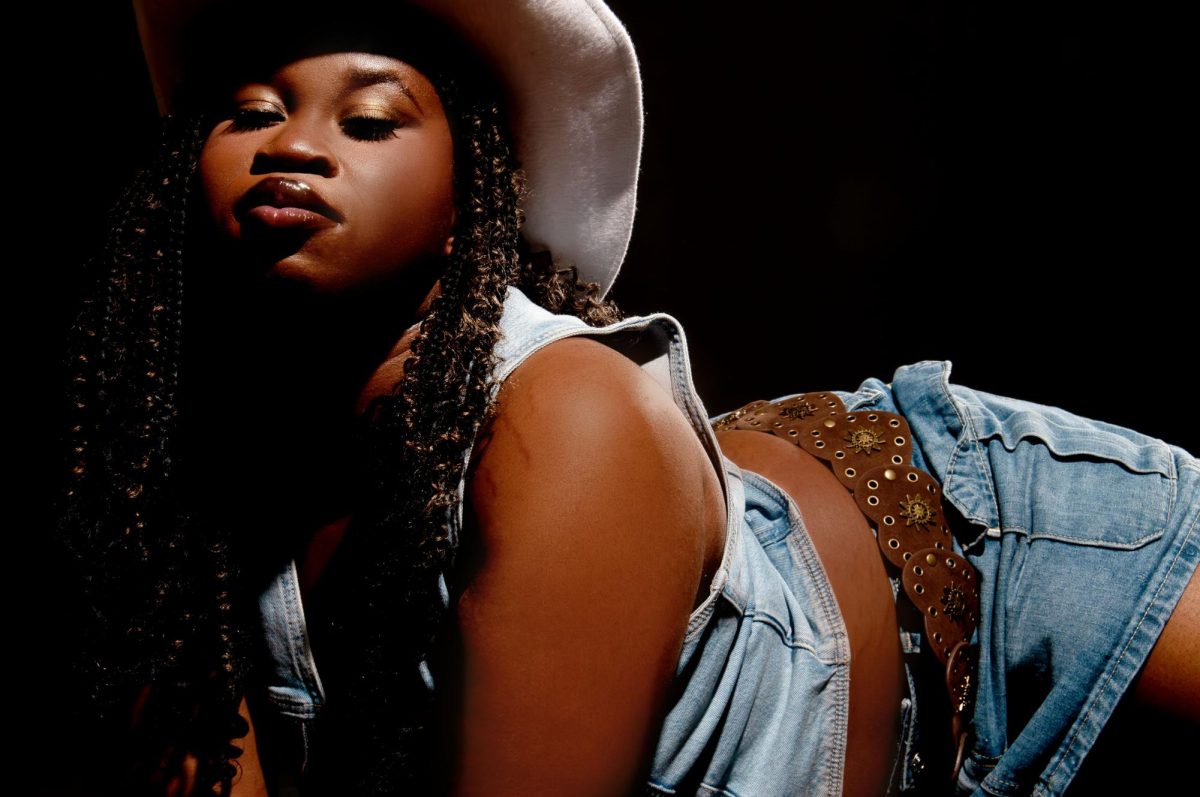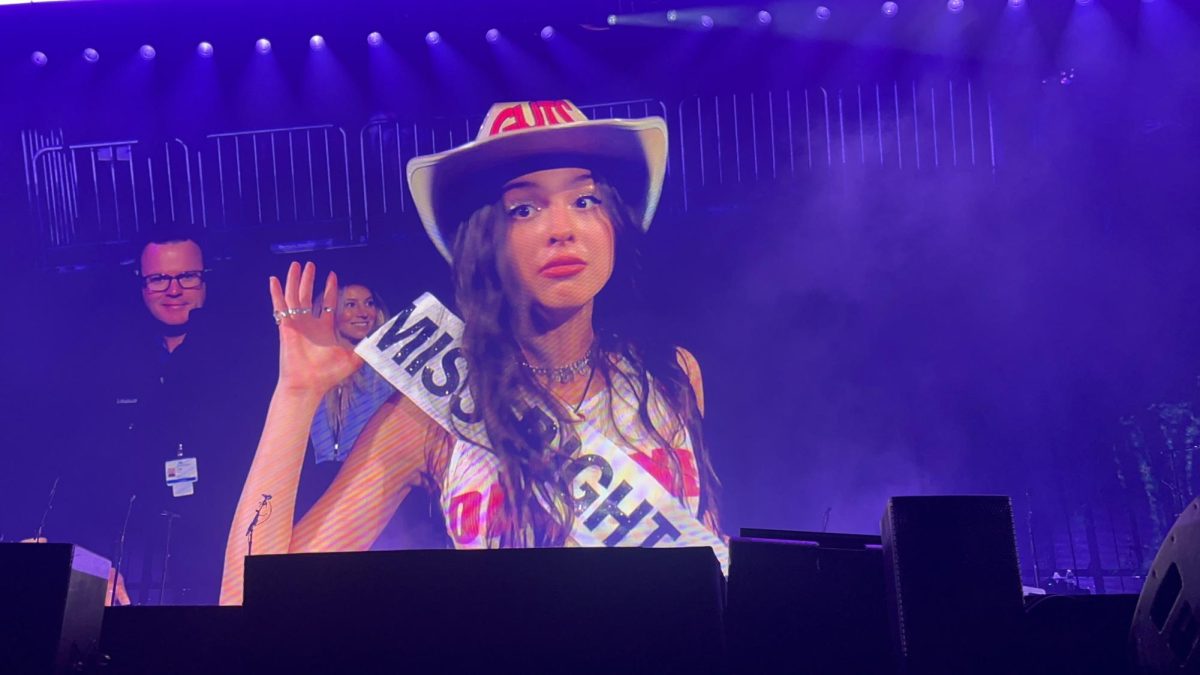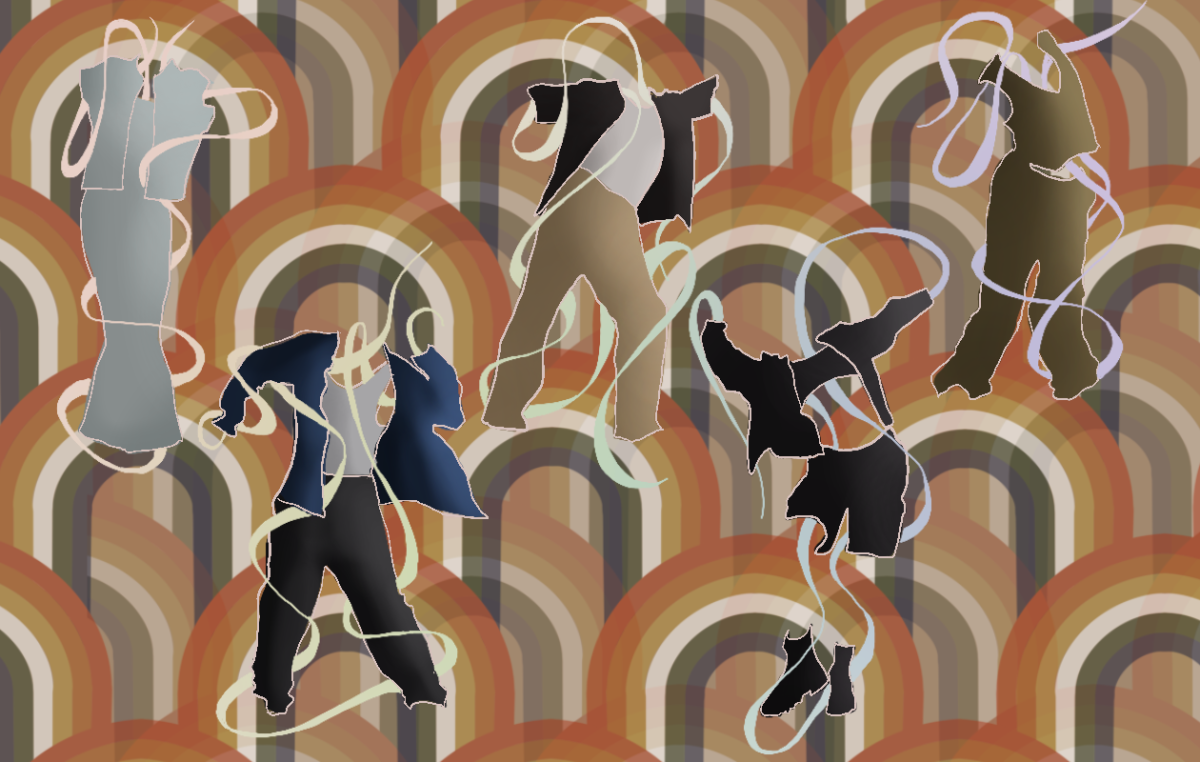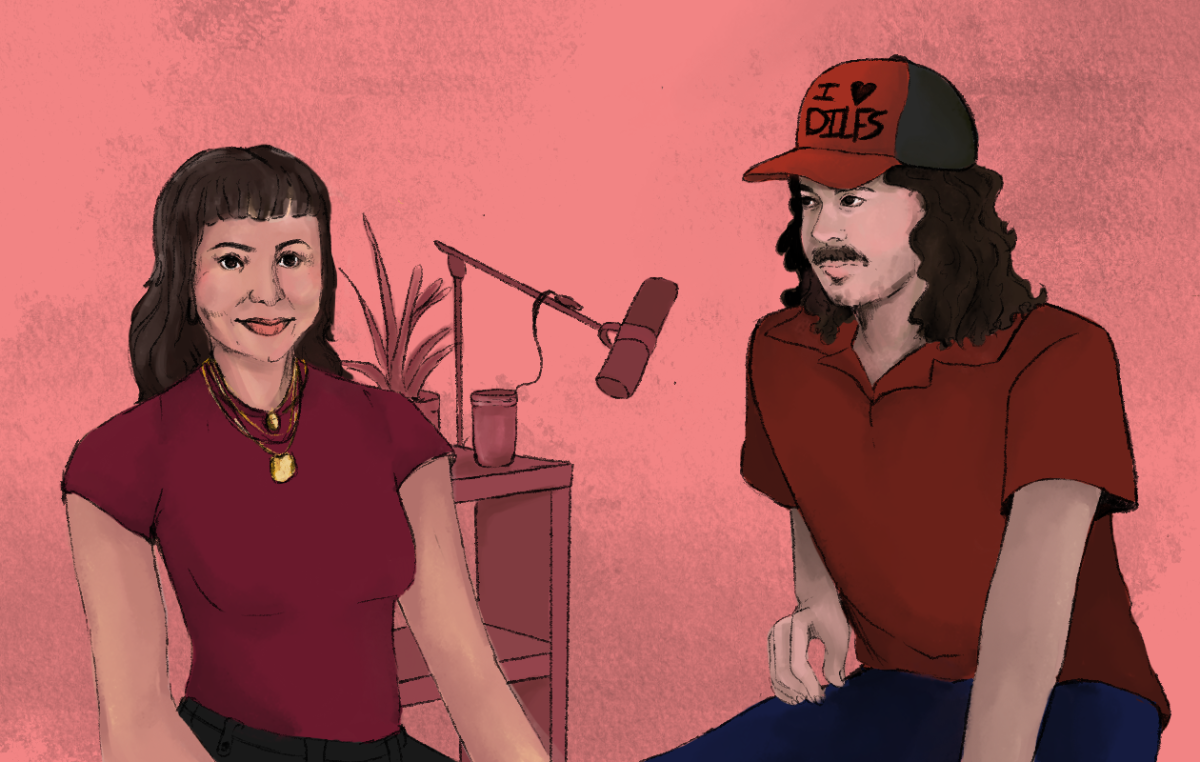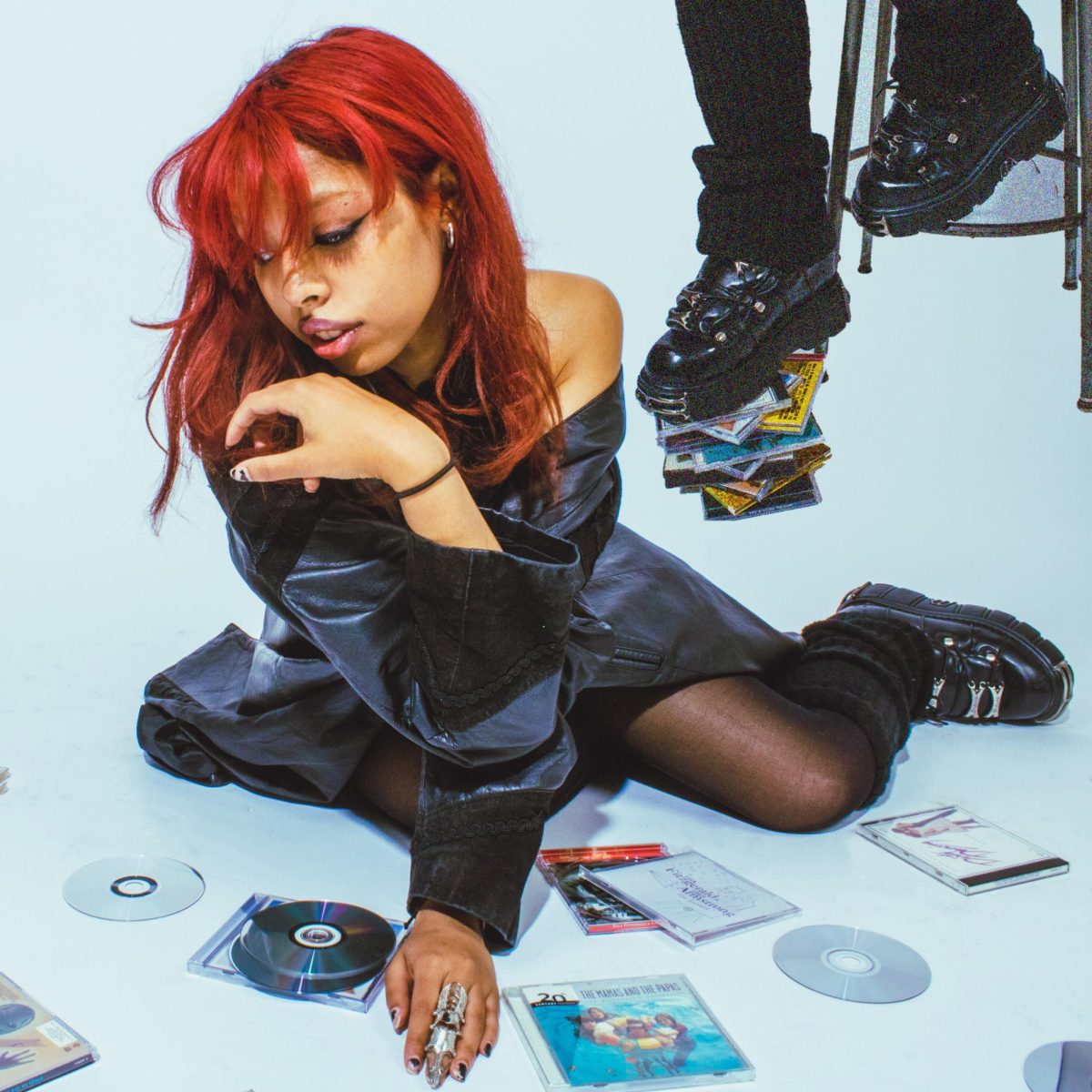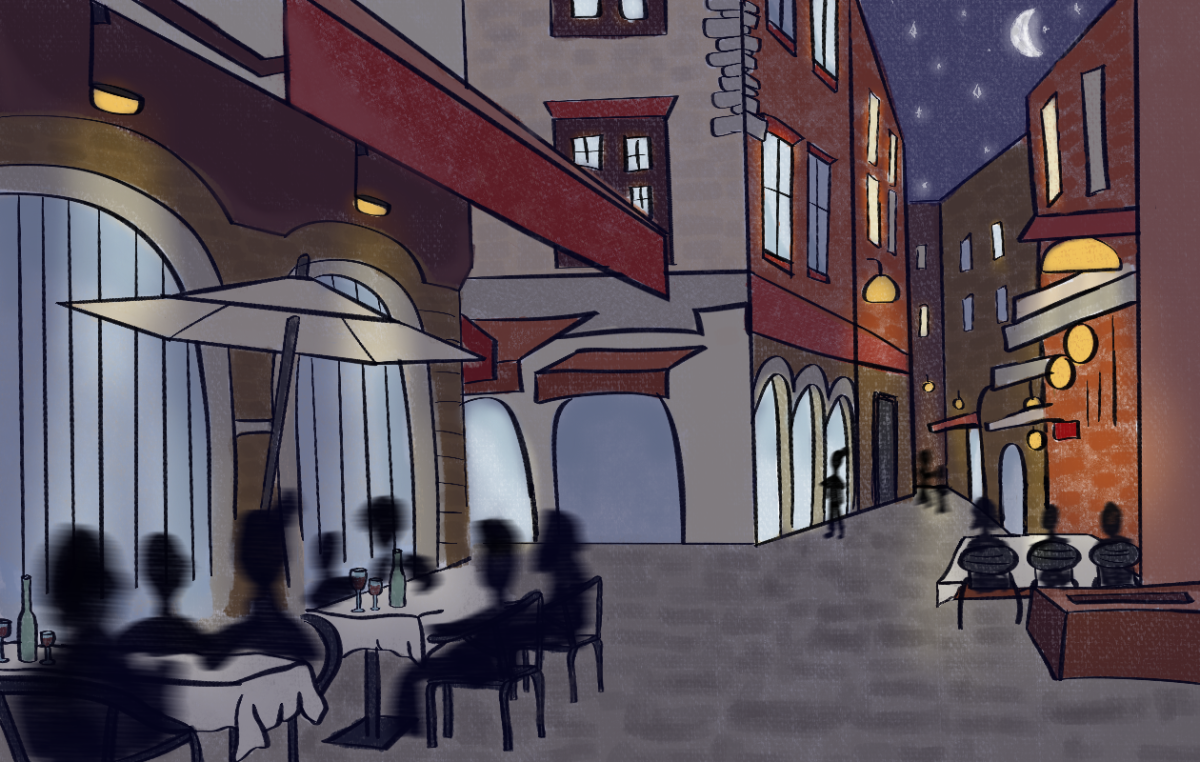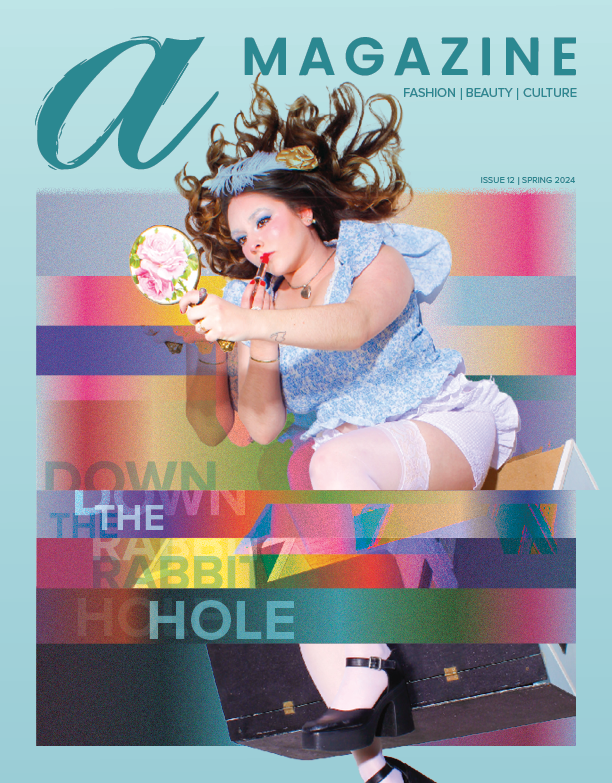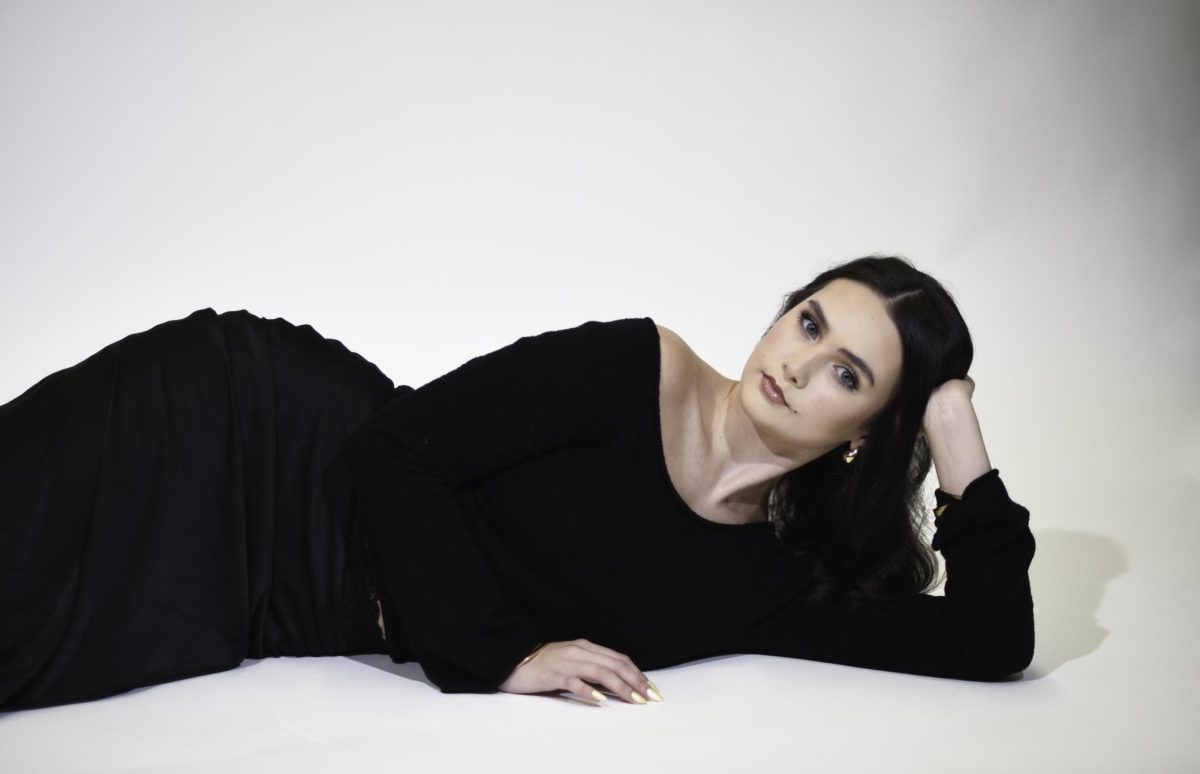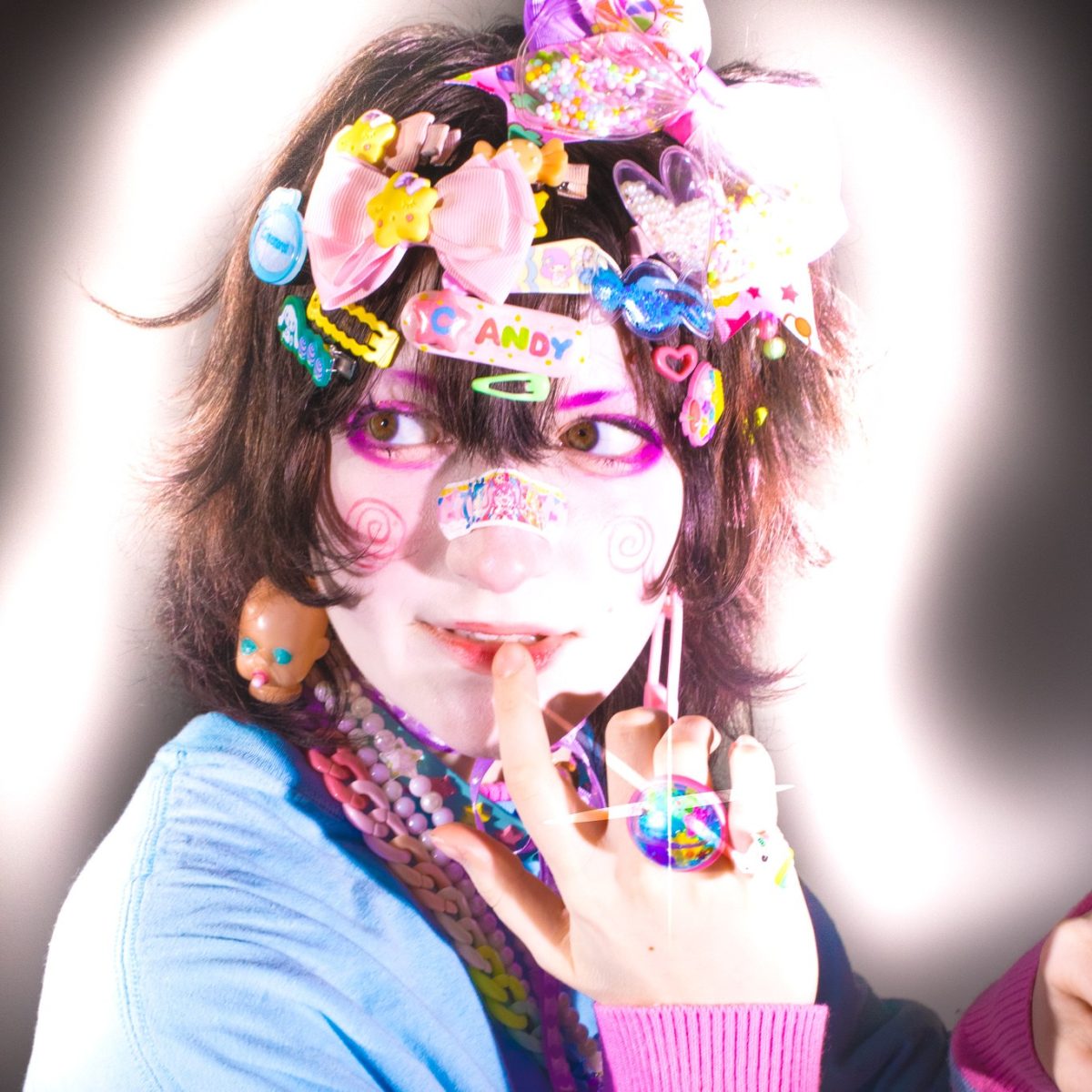Right now, we are living through a time of social change and a call for reform. More specifically, we are amidst a period in history where we are demanding change for better equality and more action against racial injustice. These campaigns for reformative action have taken the country by storm. Just think back to the Black Lives Matter movement and the many months of protesting we witnessed.
This direct call of attention toward the inequality minorities face has caused multiple industries to look within themselves and how they may be contributing to the problem. The music industry was no exception to being exposed for racial inequality.
When I say racial inequality in music, I’m not saying that recording studios blatantly refuse to sign Black artists. In fact, there are tons of Black artists that have made it big and have become huge music icons. Just think of The Weeknd, Drake, Beyoncé, Alicia Keys and John Legend, to name a few. However, Black artists tend to be restricted to certain genre types. Furthermore, once they are signed they have to work much harder for their music to be prioritized to the extent of some of their White counterparts. Even becoming household names doesn’t promise to be treated fairly. (I mean how many more times does Beyoncé have to get Grammy nominated to win “Album of the Year”. But there is a problem that Black artists face where they are restricted to certain genre types.
Most Black artists are notoriously put in the “rap” or R&B” genres and are given no opportunities to grow or expand. Americans like to think that we have come so far from our racial divide in this country, but it’s categories like “Billboard’s Hot R&B/Hip Hop chart” that prove this country hasn’t grown as much as it thinks it did. Black artists should have the chance to be considered in any genre they do well in, whether it be country, pop, alternative, rap. Etc. But the music industry seems dead set on keeping Black artists segregated to a very distinct place in the industry. Even back in 2019, Country-Rap singer Lil Nas X was taken off of Billboard’s Hot Country Songs (where it was on trajectory to hit No. 1) for his song ‘Old Town Road’ , yet left on the R&B/Hip Hop charts. Conversely there have been White country artists that have taken a try in Rap such as Toby Keith with his song ‘I Wanna Talk About Me’ and were allowed to stay on the R&B/Hip Hop charts. To throw Black artists in these distinct two categories reinforces the stigma that all Black people are the same. That Black artists have the same voice, background and style. It reinforces the notion that no matter how much talent you portray, the first thing that will be considered is the color of your skin.
Those who don’t fit into the boxes of “rap” or “R&B,” are put in “urban.” Yes, that’s right, “urban.” If that’s not a backhanded compliment, then I don’t know what is. But is anyone really shocked this is happening? I know I’m not. Just take a look through the categories Black musicians were put in. Up until the ‘90s, the Rhythm and Blues space was titled “Hot Black Singles.” The music industry is not evolving at the pace it needs to be. Sometimes it can feel like it is not evolving at all, rather giving different names towards the same situation.
So, that leads us to the problem with pop. Why do we see so few Black artists in the genre? Well, the answer is actually simpler than you think — it’s because they are not the priority. Just think of performers like Lizzo. We have all listened to her absolute bops like “Truth Hurts” and “Good as Hell.” No one can deny that they are amazing songs. Yet, it took years after their initial recording for them to become mainstream. Or think about rising artists like Normani, who had a hit single “Motivation” in 2019, yet there doesn’t seem to be much effort to get more of her music out there.
It also doesn’t help that acclaimed music awards such as the Grammy’s seem to have a history of reinforcing Black performers as “urban” artists, even though there are so many talented people that have proved they are completely capable of thriving in a multitude of different genres. You have artists like Beyoncé who won “Best Urban Contemporary Album” at the Grammys for her album “Lemonade,” but lost to Adele’s 25 for “Album of the Year” in 2017.
Even Adele recognized that Beyonce should have been the winner of the prestigious award and called attention to it during her acceptance speech.
“I can’t possibly accept this award and I’m very grateful and gracious, but the artist of my life is Beyoncé,” she said. “And this album to me, the “Lemonade” album, was just so monumental, Beyoncé, so monumental, and so well thought out and so beautiful and soul-bearing, and we all got to see another side to you that you don’t always let us see. And we appreciate that, and all us artists here fucking adore you. You are our light, and the way that you make me and my friends feel — the way that you make my Black friends feel — is empowering, and you make them stand up for themselves. And I love you, I always have, and I always will.”
Adele wasn’t the only one who saw the injustice and called it out. Tyler. the Creator expressed his conflict about the award in his acceptance speech for “Best Rap Album” in 2020.
“It sucks that whenever we — and I mean guys that look like me — do anything that’s genre-bending or that’s anything they always put it in [the] rap or urban category,” he said. “I don’t like that ‘urban’ word — it’s just a politically correct way to say the n-word to me.”
The harsh truth is, Black people are expected to make certain music and sound a specific type of way — namely the rap, R&B and urban categories. Heads start to turn the other away if they start to reach outside those boxes. It’s not right. It’s not fair. But it’s reality. So I give a round of applause to the artists that managed to successfully cross those boundaries. But all the Normanis in the industry shouldn’t have to work 10 times harder to get the same opportunities as all of the Dua Lipas.
So to all record labels out there, do better. There are too many talented Black artists that deserve more than being placed into a genre simply because they are expected to sound a certain way based off of what they look like. I hope that as the future generations come, we get the chance to see more Beyoncés and The Weeknds of the world.
Support Student Media
Hi, I’m Maria McGinnis, a senior journalism student from Stow, Ohio. I’m also the editor in chief of A Magazine. My staff and I are committed to bringing you the most important and entertaining news from the realms of fashion, beauty and culture. We are full-time students and hard-working journalists. While we get support from the student media fee and earned revenue such as advertising, both of those continue to decline. Your generous gift of any amount will help enhance our student experience as we grow into working professionals. Please go here to donate to A Magazine.

